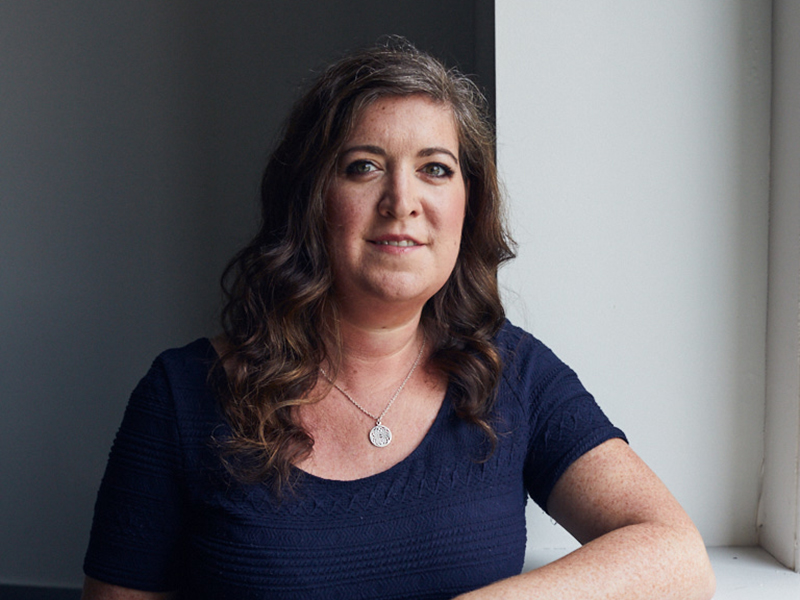
As you’ll read in this issue’s cover story, our 2020 CAP Member Survey was fielded at the end of March and early April, targeting respondents as they were beginning to face the financial impacts of the coronavirus pandemic.
While we still asked our annual questions about capital accumulation plan members’ retirement readiness, we also wanted to find out how they were managing their investments and their financial well-being in this time of uncertainty. During the subsequent webinar, sponsored by Actuarial Solutions Inc. and Morneau Shepell Ltd., I hosted an insightful discussion about the findings with a panel of industry experts.
Read: 2020 CAP Member Survey: Challenges ahead
The cover story attempts to condense this one-hour discussion, but I urge anyone who didn’t tune in at the end of April to visit BenefitsCanada.com/webinars to watch the whole webinar on-demand. In the second half, I veered away from the survey results to ask the experts about some of the hot topics we’ve been hearing from pension plan sponsors during the crisis, including considerations around temporarily reducing contribution levels, whether decumulation is still on the agenda and how they can continue to highlight their employees’ retirement savings and financial well-being.
During the webinar, Orla Cousineau, director of pensions at the University of British Columbia, said her organization isn’t making any changes to its defined contribution plan, though she acknowledged some employers are considering their options.
“I worry about that kind of change because, if people aren’t saving for their retirement at this point, if you let them off the hook, it’s going to be hard to make up for that over the long term. They’re going to be missing a period of accumulation, so I wouldn’t go there.”
Read: Employers permitted to suspend DC pension contributions, says FSRA
Michelle Loder, partner in DC solutions at Morneau Shepell, advised webinar attendees that changing contribution levels is a decision that requires a lot of careful consideration, especially for employers that have implemented mandatory participation as a plan philosophy in the past.
“It’s a big step to suspend or reduce contributions and it comes with long-term consequences on retirement readiness. Yet, I do appreciate it’s one that might be necessary for both employers and their employees, depending on the circumstances. I would encourage sponsors to take a very measured and patient approach to considering it.”
During the discussion on decumulation features, Loder said she doesn’t expect the recent move towards these features to slow down, even in light of the pandemic. “In fact, under the current circumstances, many sponsors are seeing decumulation features that will support efficient retirement income are becoming even more of an imperative. . . . Decumulation features can be a very welcome development and certainly an extremely valuable one for plan members at little to no cost to implement. I’m hopeful that we will continue to see decumulation features being considered very carefully.”
Turning to employees’ financial well-being, Joe Nunes, executive chairman at Actuarial Solutions, said employers have to go beyond retirement savings and consider plan members’ holistic financial picture.
Read: Webinar: 2020 CAP Member Survey: Retirement savings, financial well-being in the era of coronavirus
“I think it’s important for plan sponsors to start to get a bigger picture in the relationship with their employees on how all that’s being managed. But if you want to narrowly look at CAPs, I think there’s some effort that can be made on education — just helping members understand the relationship between savings rates, investment risk and realistic retirement age. . . .
“Working longer is one lever, but it’s not the only lever, and if we can convince people that greater savings rates make sense, if getting the right amount of investment risk at the right stage of life makes sense, then maybe everyone reaches a happier ending.”
Jennifer Paterson is the editor of Benefits Canada.
